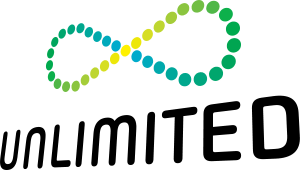
Cellcom will receive a discounted rate for using IBC’s fiber infrastructure in exchange for increasing its commitment to purchase lines at a pre-determined amount – in contrast to the wholesale market model where Cellcom purchases lines as needed and without prior commitment.
Cellcom approved a deal with the communications infrastructure company IBC, to increase its commitment to purchase fiber optic lines in the IRU deal – in this deal Cellcom commits to renting fiber lines at a predetermined amount in exchange for a lower rate than that set in the wholesale market model.
Today, Cellcom can connect households to optical fiber based on IBC infrastructure or Bezeq infrastructure. Bezeq has an obligation to lease the rights to use its fiber infrastructure at a fixed rate determined by the Ministry of Communication and updated once every several years – this is the wholesale market model. Within the wholesale market, the company leasing the rights to use the lines is not bound by a minimum or maximum amount of households to which it will connect, nor by a certain period of time for a certain line.
The IRU agreements (immovable right of use) are actually a minimum amount of lines for which Cellcom undertakes to pay the rent, but in exchange for a rate that is tens of percent lower than the wholesale market rates. The commitment to pay for a quantity of IBC fiber optic lines can be a financial incentive for the company to promote the fiber rollout, as it guarantees a steady income.
Cellcom is currently obligated to lease in the IRU model to 10% of the households connected to IBC’s fiber. According to the deal, as of July 1, 2023, Cellcom will undertake to increase the commitment to 12.5% of the homes connected to the IBC infrastructure, and from January 2024 the number will increase to 15%. The duration of Cellcom’s commitment will be for at least 15 years, with two extension options of five years each.
IBC was established in 2013 by the Israel Electric Corporation (IEC), in order to promote fiber optic infrastructure throughout the country, while utilizing the company’s existing electric infrastructure. The project did not progress in the first few years, and private investors began to enter the company. In 2018 Cellcom purchased 70% of the company’s shares, the remaining 30% remained in the hands of the IEC. Later on, Israel Infrastructure Fund also entered the project alongside Hot.

